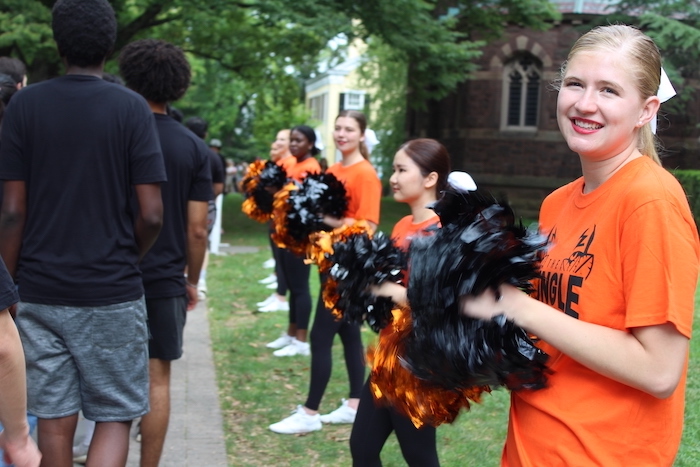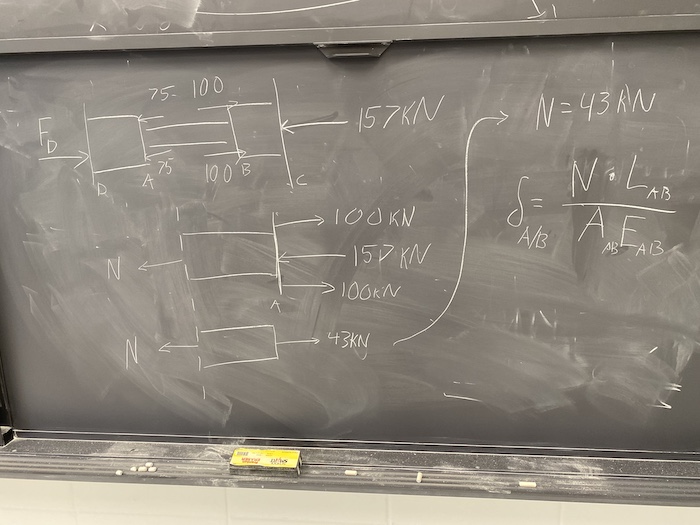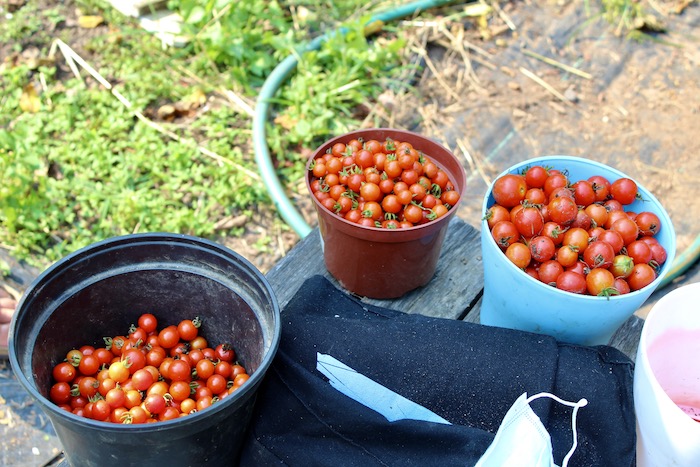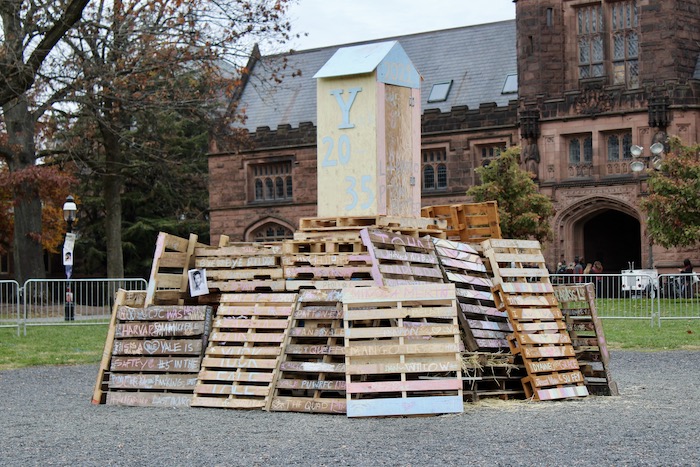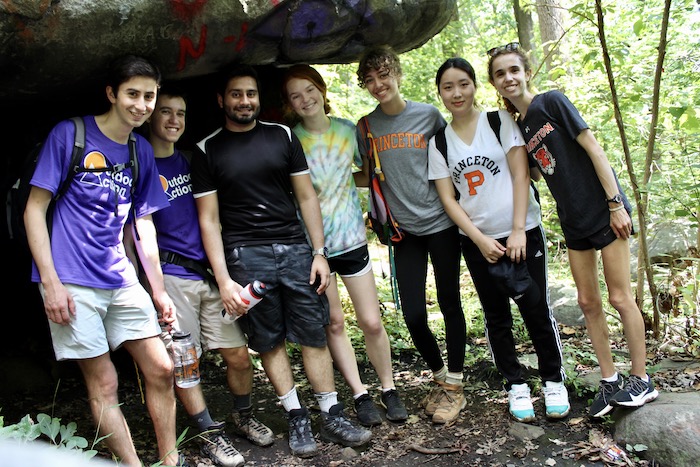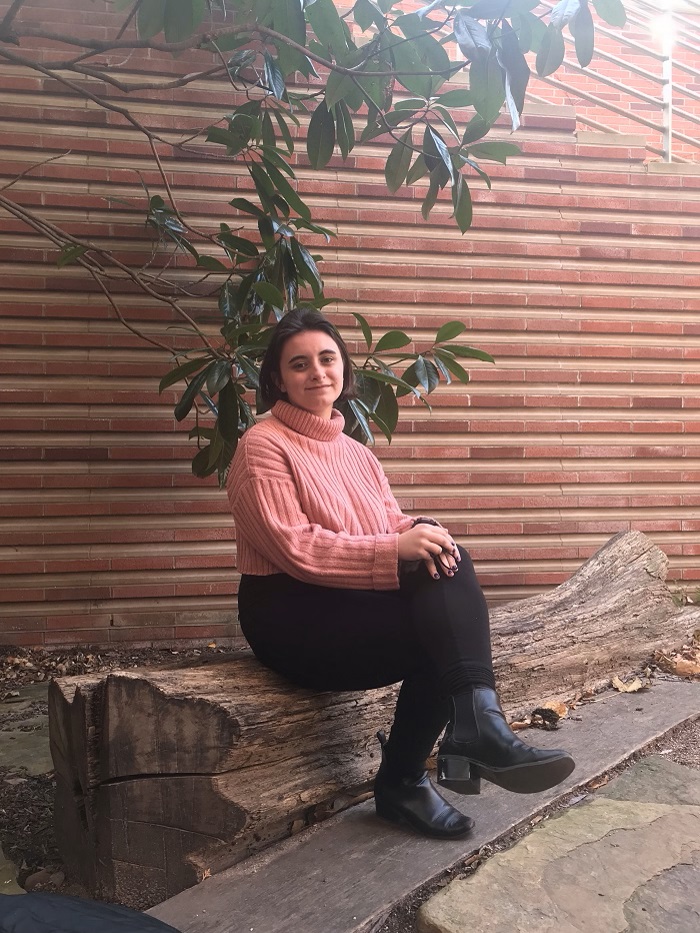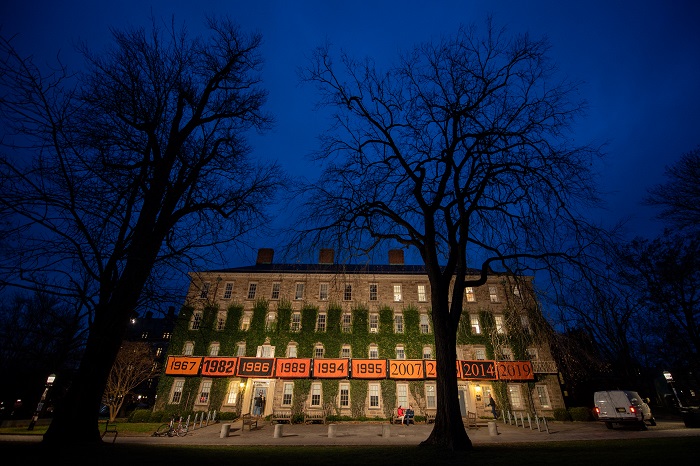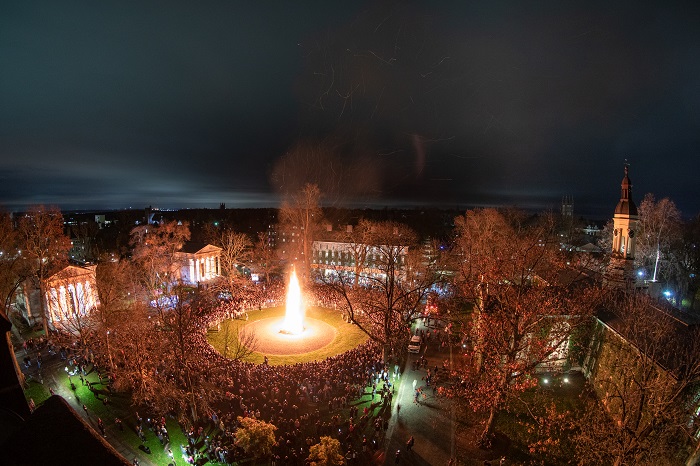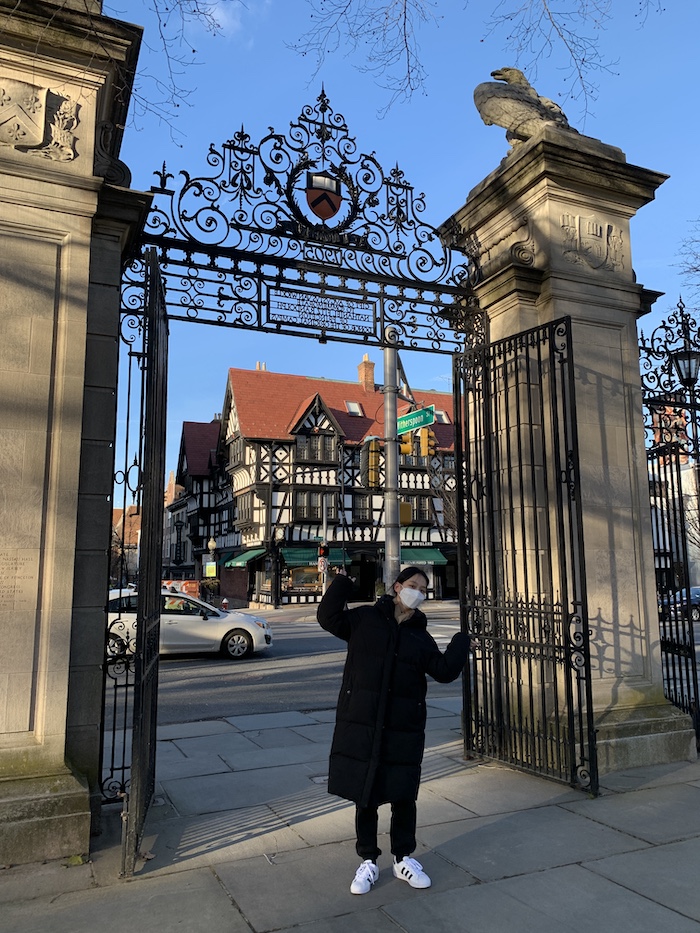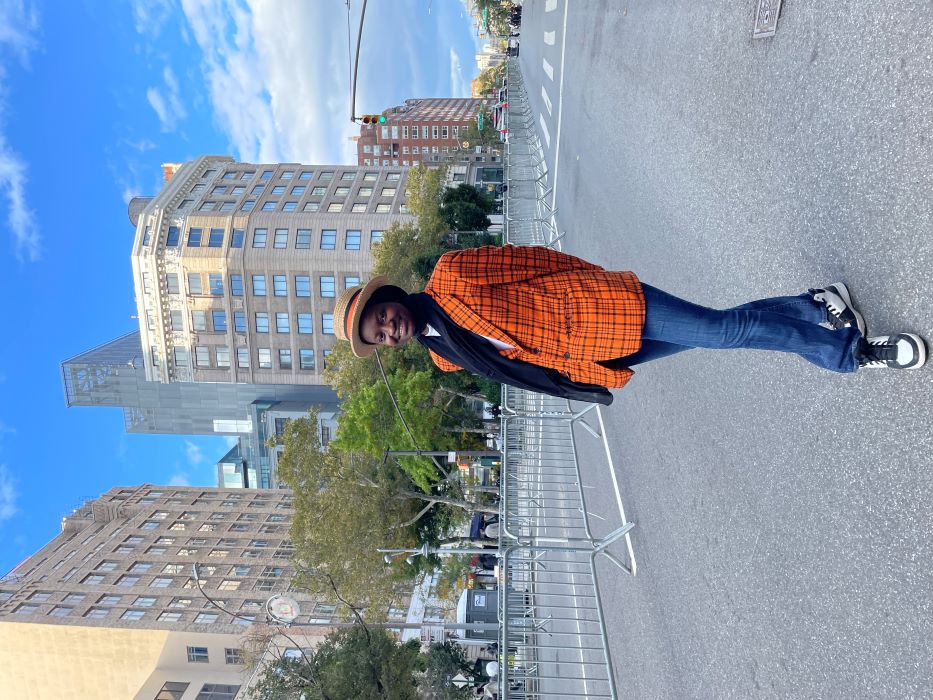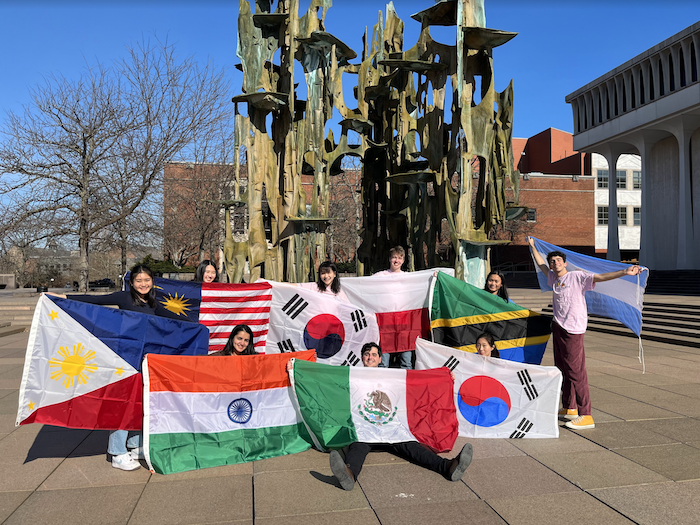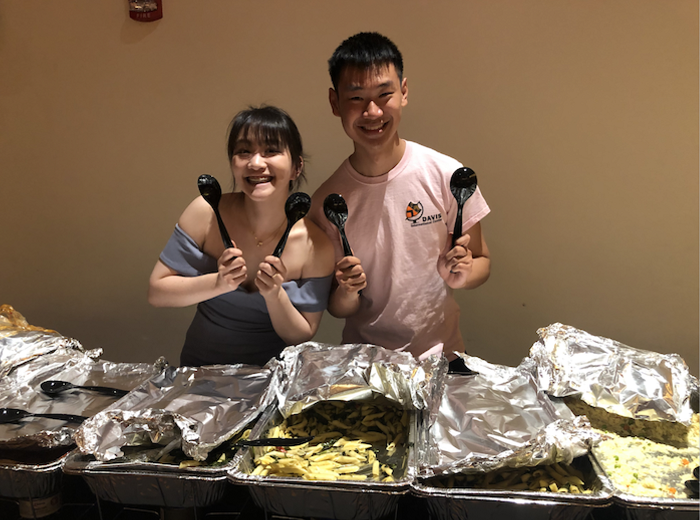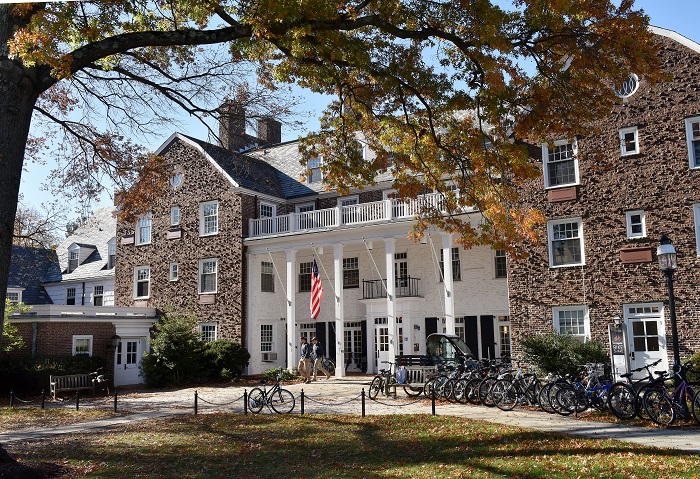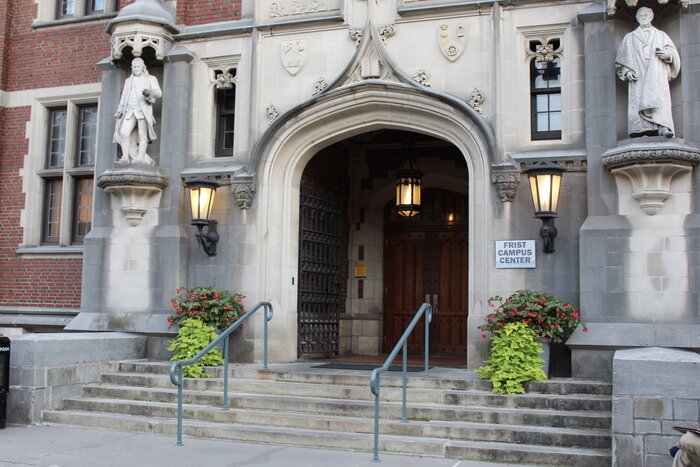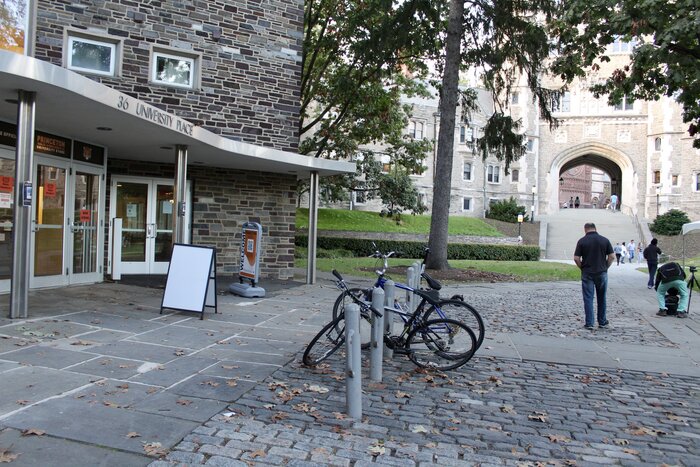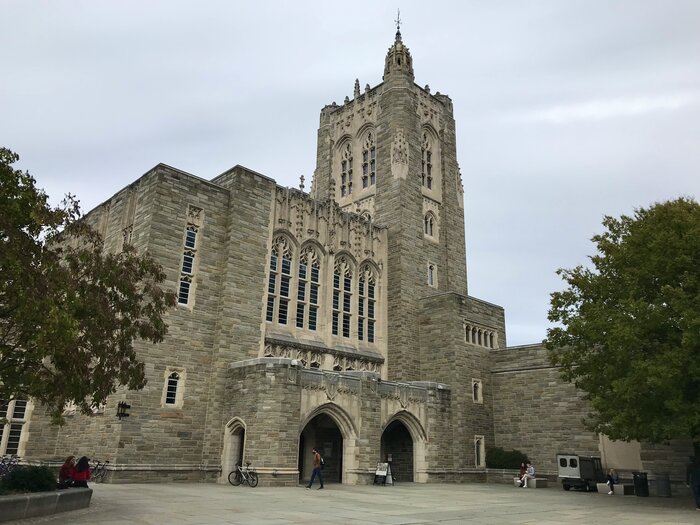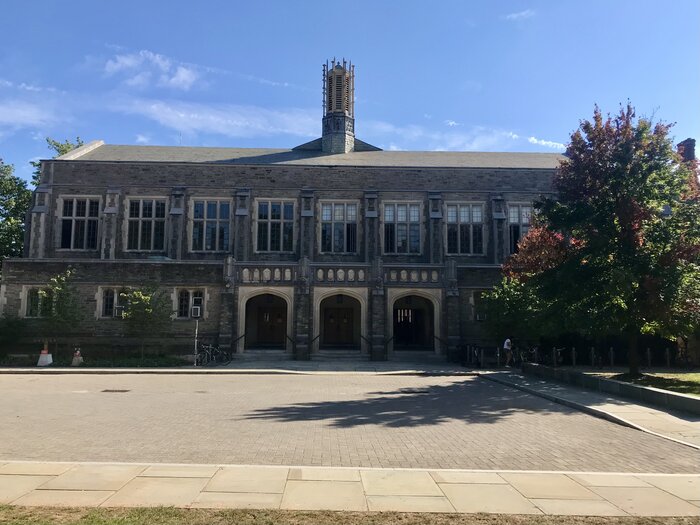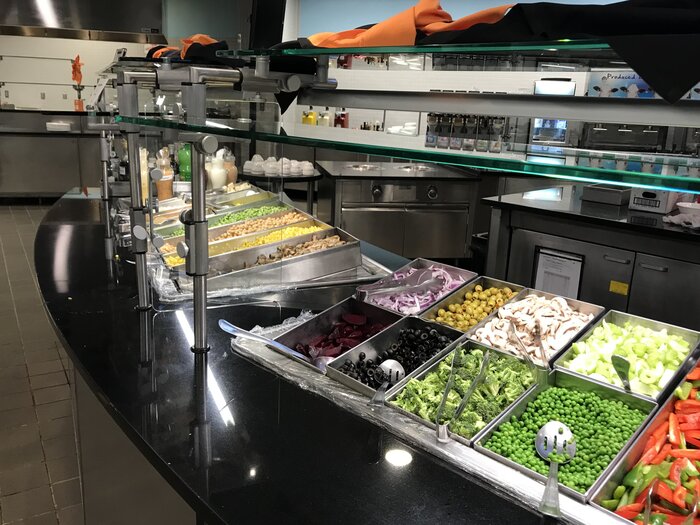Truthfully, when I came to Princeton, I was not expecting to meet people who looked like me. I expected to be the outsider, other, visually and actually different from the rest. At my high school, that was all I knew. I was the only hijab-wearing Muslim out of over 800 students, and often the only Black person or girl in my advanced math and science courses.
At my high school, I took the initiative to co-found the Muslim Students Association, or MSA for short. Our first couple years were a struggle to stabilize the group. The MSA never had more than four or five students during any given year. My experience of founding my school’s MSA opened my eyes to the reality of being Muslim at a predominately white institution: that experience is often isolating. But it also taught me the strength provided by community.
Coming to Princeton, though, was a different story. Yes, I met people from all over the world, from Germany to Canada, and from Kenya to China, but I also met people just like me. I met people from California, my home state, and people from the Yoruba tribe, my tribe. Most meaningfully, I met people from my faith, Islam. A. WHOLE. GROUP. OF. THEM.
Let me set the scene for you: around noon, I walked into the gorgeous Murray-Dodge Hall and was greeted by Muslim peers. There was not just one type of “Muslim.” There were hijab-wearing Muslims and non-hijab-wearing ones, there were Muslims from a wide variety of American states and various countries across the world. THERE WERE PEOPLE MY AGE! STUDENTS! Students that I could talk to about the Quran, or about being a neuroscience concentrator, about hadith or about Hoagie Haven.
This was huge for me, considering I had an inconsistent Muslim community back home that mainly consisted of older women and their young children. Performing Jummah salat, an Islamic congregational prayer held every Friday, had become an action I did on autopilot, without really connecting with those around me. Going to Jummah for the first time at Princeton, though, thoroughly altered my notion of what Muslim representation can look like on an academic campus: being Muslim at a predominately white institution did not have to feel isolating, in fact, it could feel quite enriching and enjoyable.
Though Princeton's MSA has given me a community of people who I can relate to on a religious level, I would be remiss if I did not address the concept of homogeneity. While I do not think that living and staying solely in a community that looks entirely like you is a rewarding way to go through life, I think that there is much that can be gained from finding a small group of people with shared identities inside of a larger community that is diverse. These sort of small groups provide room for relatability without the echo chambers common in complete homogeneity. They provide a respite from day-to-day experiences without becoming a place that criticizes you for differences.
Princeton’s MSA has shown me that same strength I first discovered, multiplied. Though it is still growing and expanding, the Princeton MSA has further exemplified how tightly a community can come together, especially after sorrowful events like the passing of Imam Sohaib. I am looking forward to continuing my experience of Religious Life at Princeton, and I encourage you to explore the various religious groups on campus.







